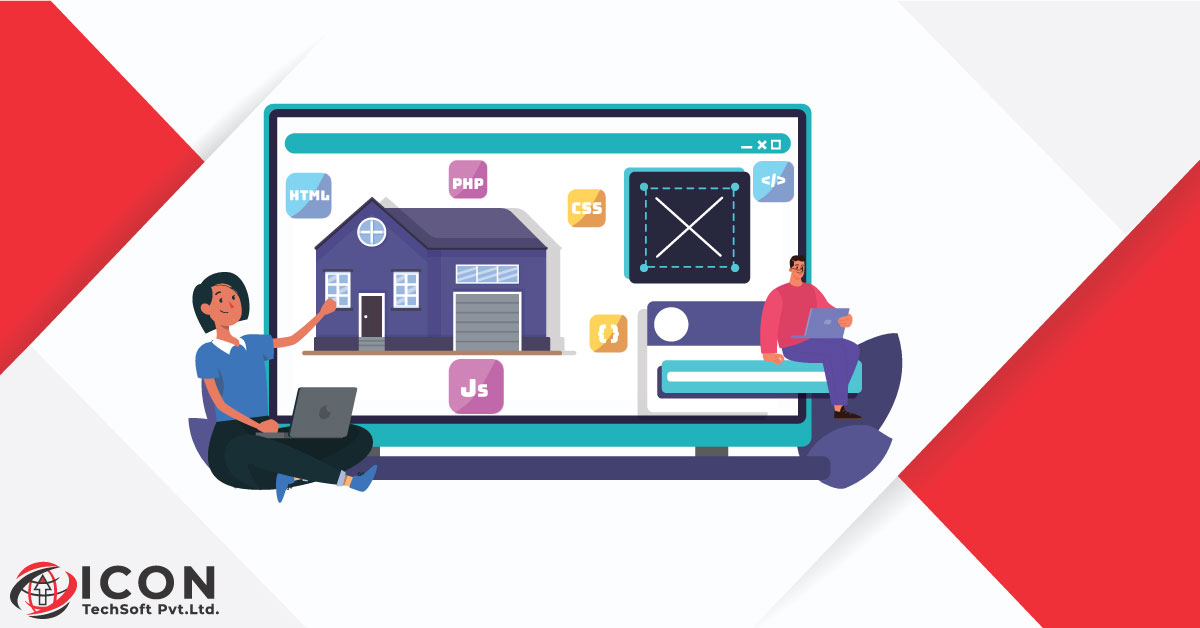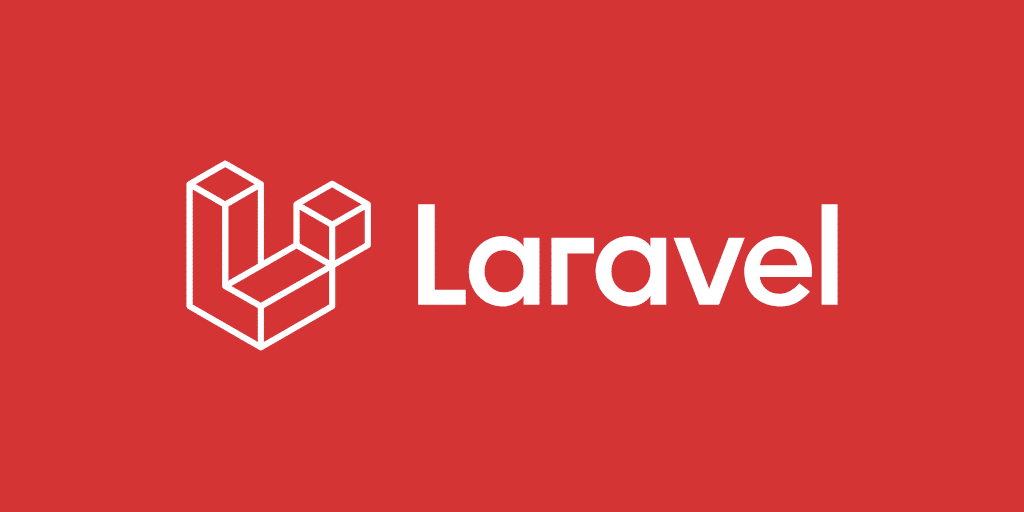What Features Should a Real Estate Website Have?

In today’s digital world, most people start their home search online. That’s why having a strong and user-friendly real estate website is very important for realtors, brokers, and agencies. A well-designed website can help you attract more visitors, turn them into leads, and close more deals.
But what makes a real estate website great? In this blog, we’ll explore the most important features every real estate website should have to stand out from the competition.
1. Easy Navigation and Clean Design
First impressions matter. A clean and simple design with easy navigation helps users stay longer on your website. The menu should be clear with categories like "Buy," "Rent," "Commercial," and "Contact." Users should be able to find what they are looking for in just a few clicks.
A mobile-friendly design is also a must. Many users will visit your website from their phones, so it should look good and work well on all devices.
Key Points:
- Simple and modern layout
- Easy-to-use menu and search options
- Mobile responsive design
2. Advanced Property Search Filters
One of the most important features in real estate website development is a smart property search tool. Users should be able to filter properties by:
- Location
- Price range
- Property type (house, apartment, commercial space)
- Number of bedrooms and bathrooms
- Amenities (parking, garden, balcony, etc.)
The more filters you provide, the better user experience you offer. This helps visitors quickly find properties that match their needs.
3. High-Quality Property Images and Videos
Photos are everything in real estate. A listing with poor-quality photos is likely to be ignored. Every property should have:
- High-resolution images from different angles
- Floor plans
- 360-degree virtual tours or video walkthroughs
This helps users visualize the property without visiting in person, which saves time for both buyers and agents.
4. Interactive Map Integration
An interactive map helps users see exactly where the property is located. Integration with Google Maps allows users to explore nearby areas, schools, hospitals, shopping centers, and public transport.
Map view also helps users compare different listings in the same area.
5. Detailed Property Listings
Each property page should include all the necessary information a buyer might need, such as:
- Price
- Address
- Property type
- Area in square feet
- Number of rooms
- Year built
- Property features (garden, pool, lift, etc.)
- Contact details of the agent
The more details you provide, the more confident the visitor feels about reaching out to you.
6. Lead Capture Forms
A good real estate website is not just about showing listings—it should also generate leads. Place inquiry forms or "Schedule a Visit" buttons on every listing page. Ask for basic details like name, email, and phone number.
Also, use pop-ups or forms for newsletter subscriptions to stay connected with visitors who are not ready to buy yet.
Suggested Lead Capture Tools:
- Contact forms
- “Get a Call Back” button
- Chatbot integration
7. User Registration and Login
Allow users to register and create an account. This lets them:
- Save favorite properties
- Get notifications for new listings
- Schedule property visits
- Leave reviews or ask questions
This feature keeps users engaged and coming back to your site.
8. Content Management System (CMS)
If you're considering real estate website development, make sure your website has a CMS like WordPress, Joomla, or a custom admin panel. A CMS allows you to:
- Add or remove listings
- Update property details
- Post blogs or news
- Manage inquiries
This helps keep your website updated and relevant without needing technical skills.
9. Blog Section for SEO
Adding a blog is one of the best ways to bring more traffic to your website. You can write about:
- Real estate trends
- Property investment tips
- Neighborhood guides
- Buying vs renting
Use keywords like “real estate tips,” “property investment,” and “house buying guide” to improve your search engine ranking.
Having a blog also helps build trust with visitors and shows that you are an expert in your field.
10. Testimonials and Reviews
Social proof is very important. Include reviews and testimonials from happy clients to build trust. You can show these on the homepage, sidebar, or on a dedicated testimonials page.
Video testimonials are even more effective and feel more personal.
11. Real-Time Chat Support
Adding live chat can boost lead conversion. Visitors may have questions about a property, and if they get instant answers, they’re more likely to take action.
You can use:
- WhatsApp integration
- Messenger plugins
- AI chatbots for instant replies
This small feature can make a big difference in engagement.
12. SEO Optimization
Real estate is a highly competitive industry. SEO (Search Engine Optimization) helps your website show up on Google when people search for properties.
Here are some tips:
- Use location-based keywords like “buy apartments in Houston” or “rent house in San Diego”
- Optimize your page titles, meta descriptions, and URLs
- Use schema markup for property listings
- Compress images and improve website speed
Whether you're building a new platform or upgrading an old one, always keep real estate website development best practices in mind for SEO.
13. Integration with CRM
Connecting your website to a Customer Relationship Management (CRM) system helps you manage leads and clients more effectively. You can track:
- Website inquiries
- Follow-ups
- Client preferences
- Deal status
CRM integration streamlines your sales process and improves productivity.
14. FAQs and Contact Page
Having a dedicated FAQ section helps answer common buyer questions and saves your team time. Also, ensure your contact page includes:
- Office address
- Phone numbers
- Contact form
- Google Map location
Make it easy for people to reach you.
Final Thoughts
A real estate website is more than just a place to show properties—it's a powerful sales and marketing tool. When planned and built properly, it helps you attract leads, build trust, and close deals faster.
Whether you are a broker, agent, or agency, focus on user experience, mobile design, SEO, and smart features. If you're planning to build or upgrade your site, choosing a team experienced in real estate website development is a smart move.
From powerful search filters to map integration and live chat—every feature plays a role in helping your users find their dream property.
Looking to build a real estate website?
Make sure you choose the right features and the right development team. A strong online presence starts with smart real estate website development that puts user needs first.
Note: IndiBlogHub features both user-submitted and editorial content. We do not verify third-party contributions. Read our Disclaimer and Privacy Policyfor details.







